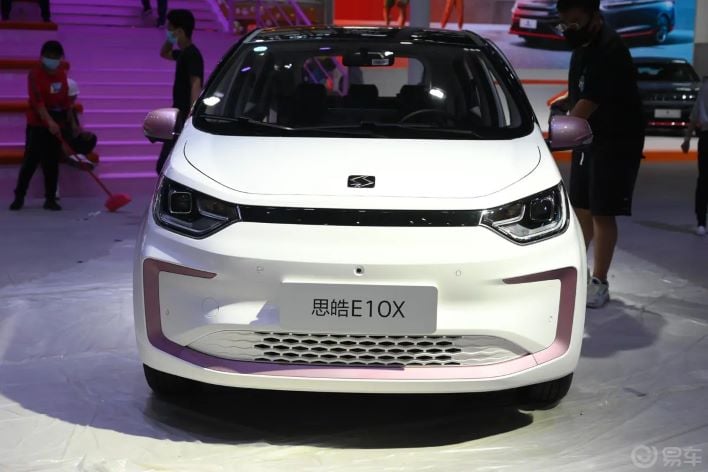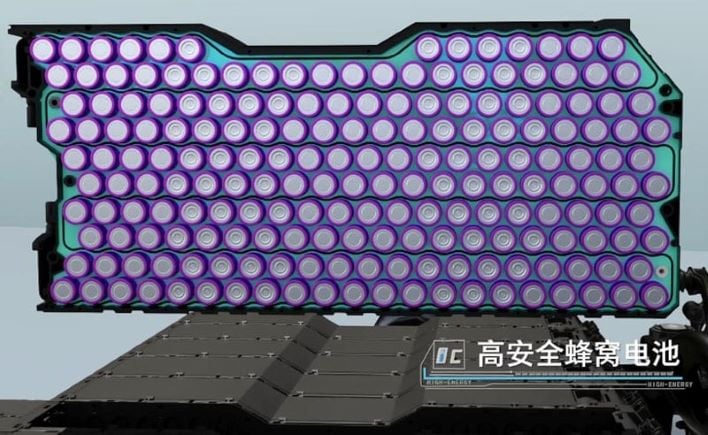World's First EVs To Ditch Lithium For Sodium Batteries Roll Off The Assembly Line

Look out world, get ready to soon find sodium-based batteries in everything from portable power stations, electric snowmobiles, two-wheelers, and budget EVs. The first to jump onto this bandwagon is JAC's Yiwei EV, which has become the world's first mass-produced electric car with a sodium-ion power pack. Well, technically the Yiwei EV is a rebadged Sehol following a rebranding exercise after the car was announced in February this year. The photo above indicates the EV being an E10X hatchback, but the car (and battery setup) are virtually identical.

With global thirst for rechargeable batteries at an all time high, new battery development like sodium-ion packs that reduce consumer costs and environmental damage is always welcomed. Not only are Na+ batteries easier and cheaper to manufacture, they offer superior cold/winter weather performance, operating at almost full capacity in cold temperatures as low as -22 Fahrenheit (-30 degrees Celsius). Xia Shunli, chairman of Yiwei, said: “Sodium-ion batteries will become an important battery type, complementary to LFP batteries, and a low-cost solution that promotes the popularization of mass electric vehicles to masses.”
The Yiwei EV is expected to begin deliveries in January 2024.
Photo credits: JAC

